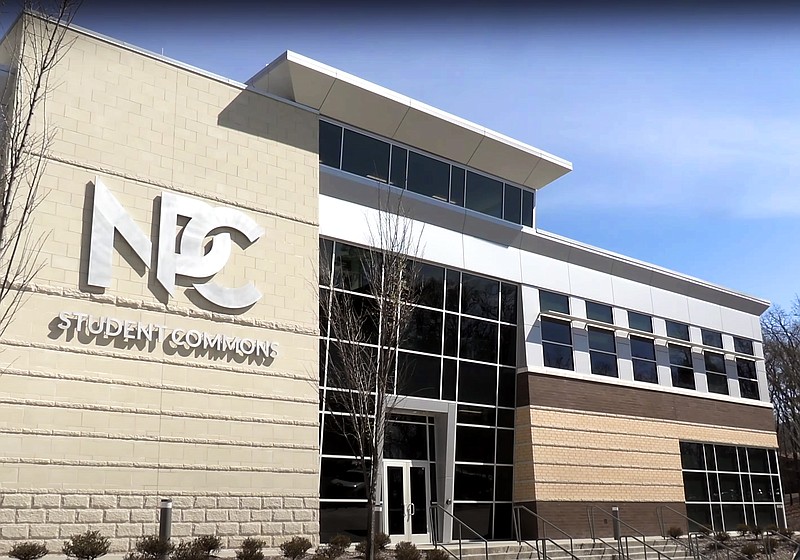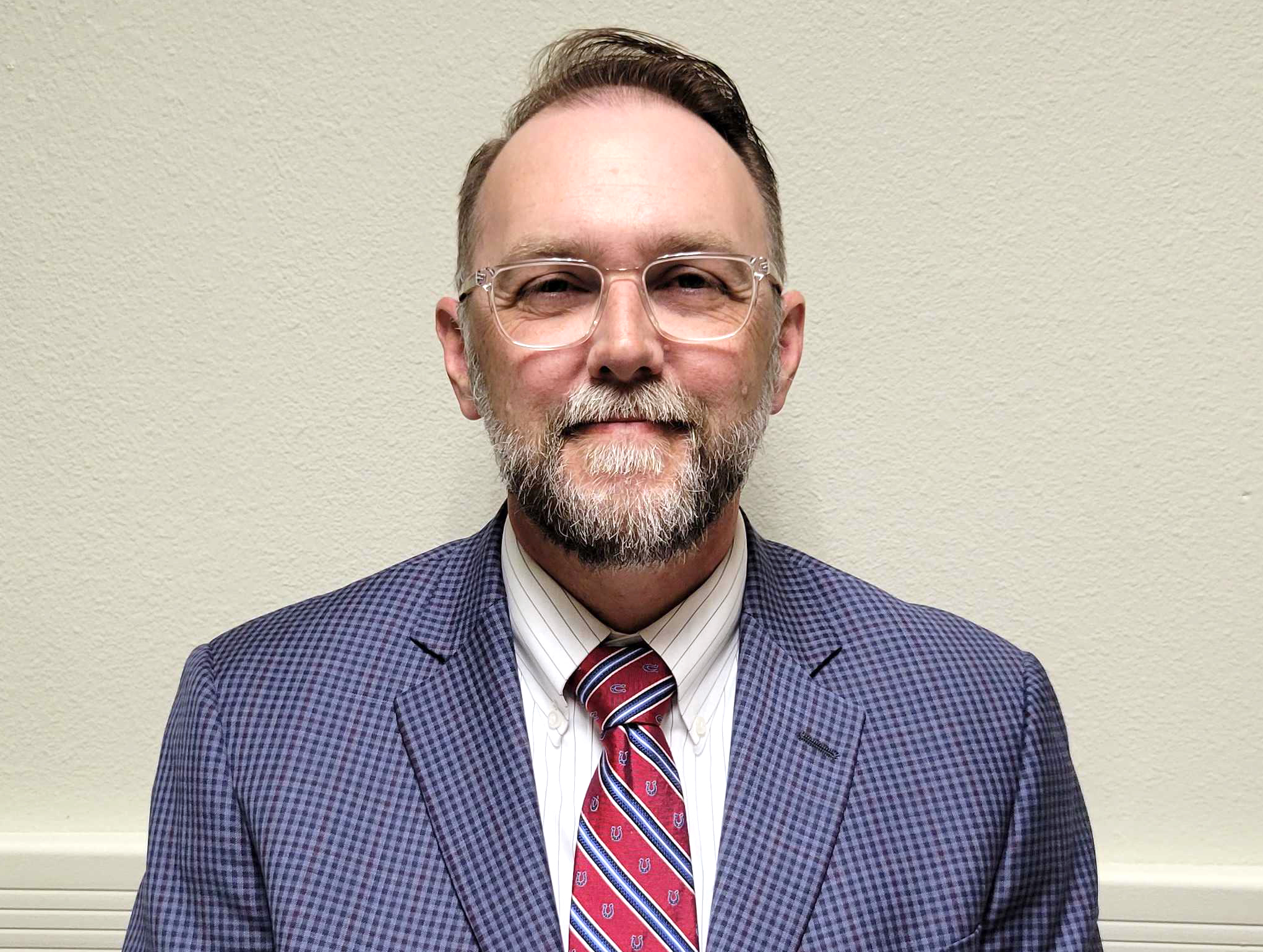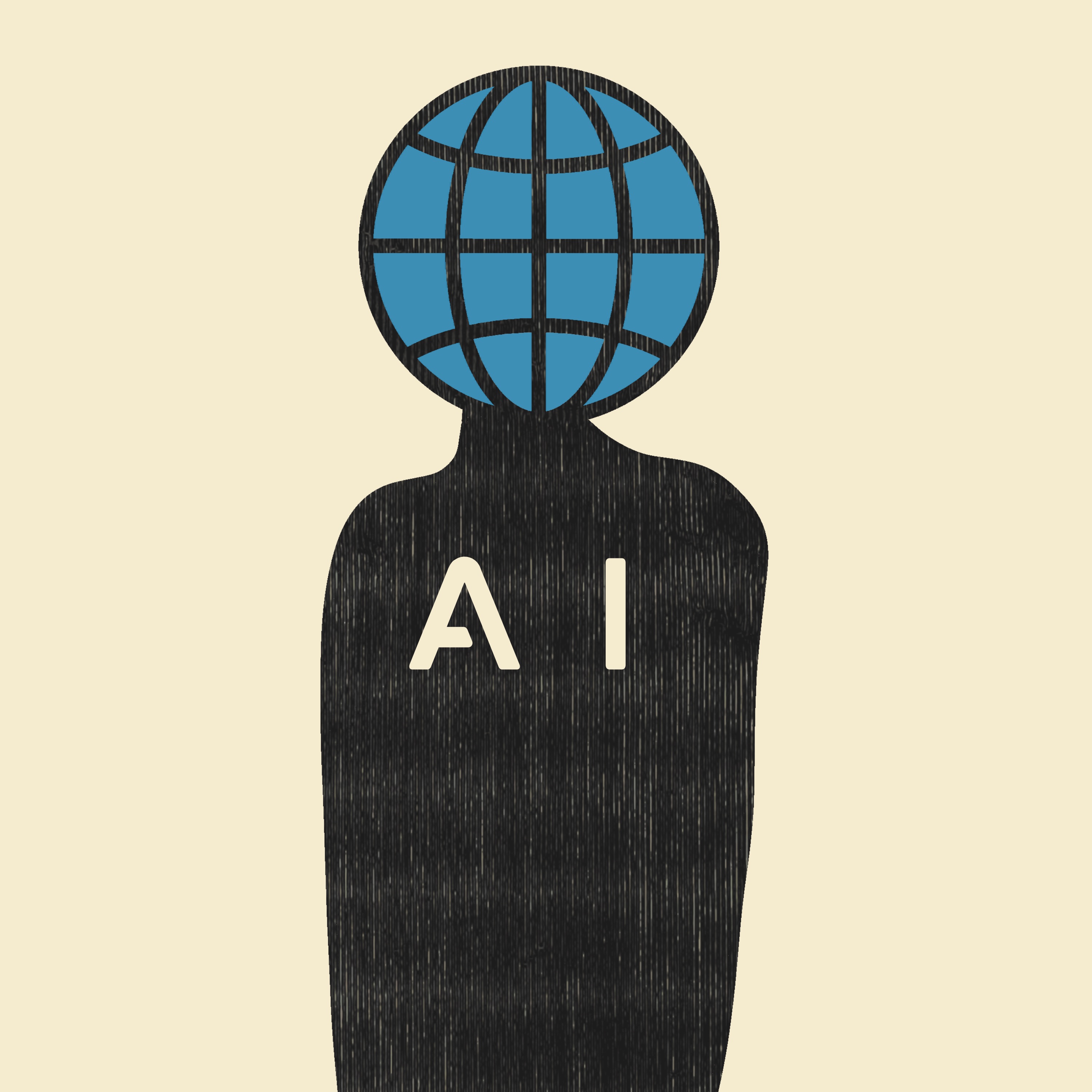As artificial intelligence continues to advance and become more prevalent in society, educational institutions big and small have had to adjust and rethink the way they handle technology, including National Park College.
Dr. Wade Derden, NPC's vice president for advancement and government relations, said he remembers several other technologies that have changed the educational landscape such as graphing calculators and Wikipedia.
"Well, it's just like most technologies that start out," Derden said. "We always have something new that comes out that is challenging. We had to think about, either, how to adapt them or adjust to those technologies, and we have, and we will adjust to this AI technology as well at some point."
Video not playing? Click here https://www.youtube.com/embed/WfU_egHYBtY
He said while they will have to address how it can be used in an educational or workplace setting, many students and workers are hurting themselves by trying to cheat with bots like ChatGPT and Google Bard. With a wide array of program offerings, the college is having to take into account that some courses are better suited to implementing AI in the classroom than others and are trying to tailor its policy with each program in mind.
A student using a bot to write an English essay would be cheating while a student in a programming course who was assigned to use an AI to write code would not be.
"The biggest challenge that we face is that students who may -- and it's not just students but employees or other people -- who may rely upon AI to do their work are hurting themselves," Derden said. "In the sense that they're not engaging the materials put in front of them. There's always going to be a need for critical thought."
As seen in many industries, the work of AI can oftentimes be indistinguishable from that of humans, but in many cases, it lacks the personal touch. From an educational standpoint, the student does not benefit from the course material if they never actually engage in it.
Derden said they miss out on the critical thinking and emotional experience of the information presented in any given class. On top of that, they won't be able to recall the information later when it comes up in their career or life.
"In that way, there's a danger," he said. "We're not using the critical processes that we need to develop."
Still, Derden recognizes the usefulness of AI as a tool and argues it does have a place in the classroom, but that there is work to be done to figure out exactly what that place might be.
He said he uses a note-taking app that transcribes his handwriting into text that he can read and share. The app uses AI to guess what he has written and creates a body of text that can be used for making memos. He noted he still has to go back and edit what's written, as the imperfect technology has not mastered his handwriting just yet.
"That'll be a fantastic tool for me to have," Derden said. "It'll save me a lot of time. I will still have to, though, use my critical thinking skills to sift through it and edit it and to make it something that is more personalized to my needs. But still, what a timesaver that'll be."
He said other fields such as coding often delegate menial tasks to bots so workers can focus on more demanding work. The coders then often have to go back and double-check the work of the bots.
As advancements continue, many have called for the government to step in and create more regulations on what these tech companies can do. Derden said he's not sure there is a need for the government to step in just yet.
"I think this is a new-enough technology that we're still trying to reconcile how it will affect us," he said. "I don't think we're there yet. It's an emergent technology. Even on the campus level, we're trying to think creatively about our own policies."
He said the program the school uses to detect plagiarism recently came out with an update to check if a work was created by an AI, but there is still no certainty how effective these new tools are just yet. NPC's instructional technology team is also looking at other software that detect AI-created content.
"How do we integrate AI and usage of AI into those policies on plagiarism and others?" he said.
There are still some discussions to be had as the school does not want to wrongly penalize students who have a legitimate purpose for using AI, he said. Like Wikipedia, it can be a good place to start, but should not be what students rely on.
"In terms of policies, I'm not sure at the state or federal level, but campus policies will adjust, as they always do with any new technology," Derden said. "One of the key elements, like I say, of education is to be able to think critically, and we want to encourage that."
He joked that students may find themselves returning to the Blue Books in class and not being allowed to access phones or other devices for their work. Still, he encourages students to learn more about the emerging technology that's likely here to stay.
"AI is a really neat emerging technology," he said. "I'm not afraid of it, and they shouldn't be afraid of it. But, just like any kind of technology, they should be cautious about how they use it. And, I would not use it for a writing assignment or something like that."


